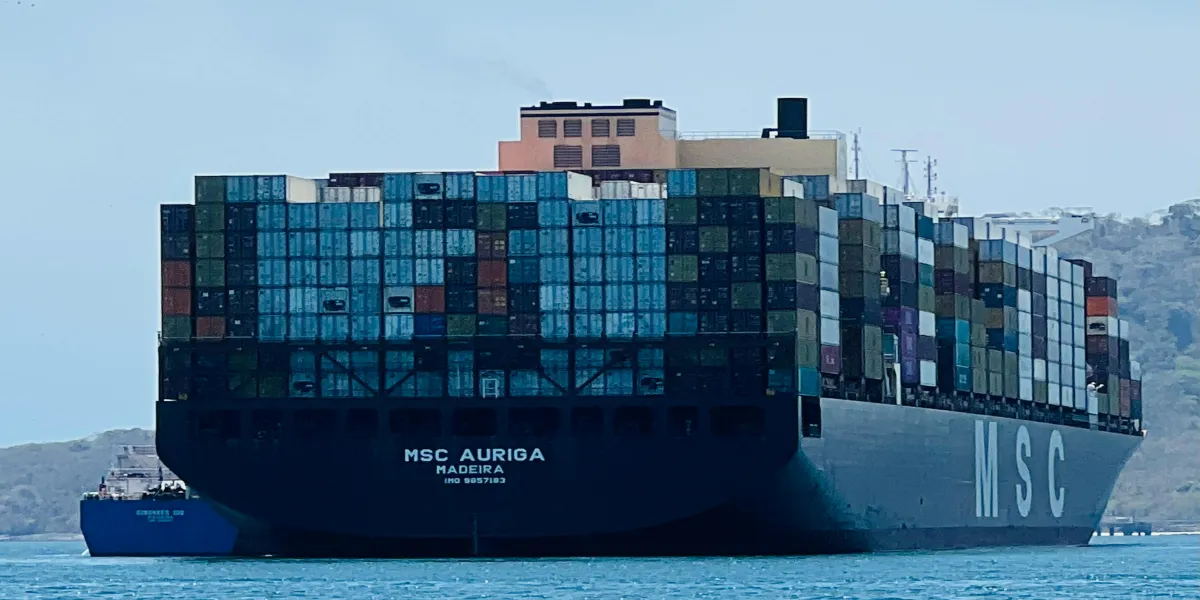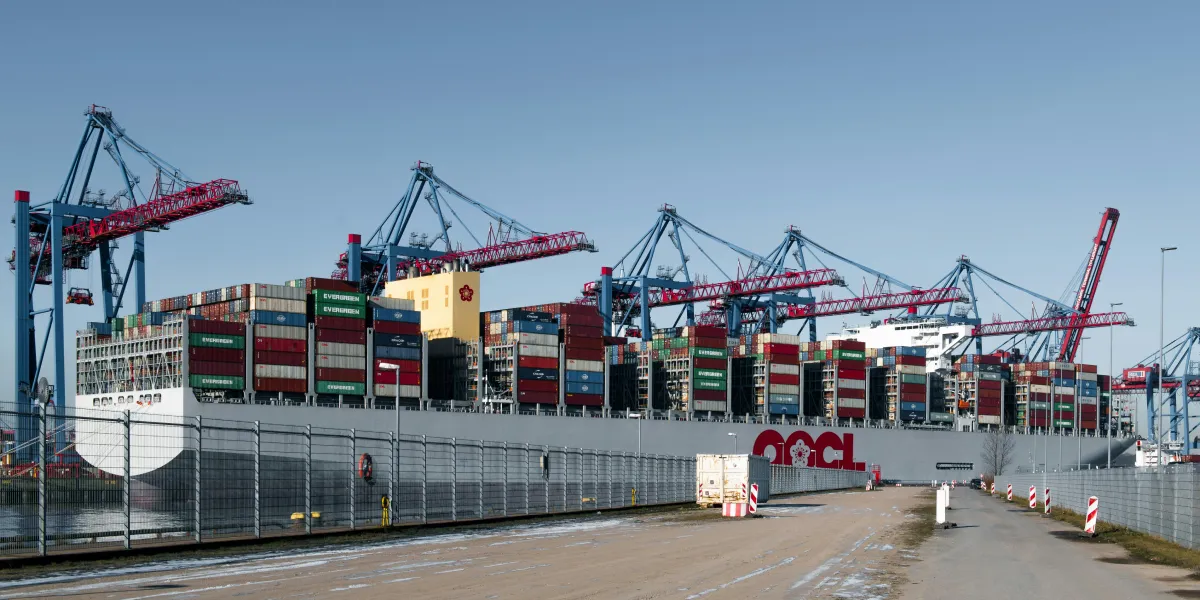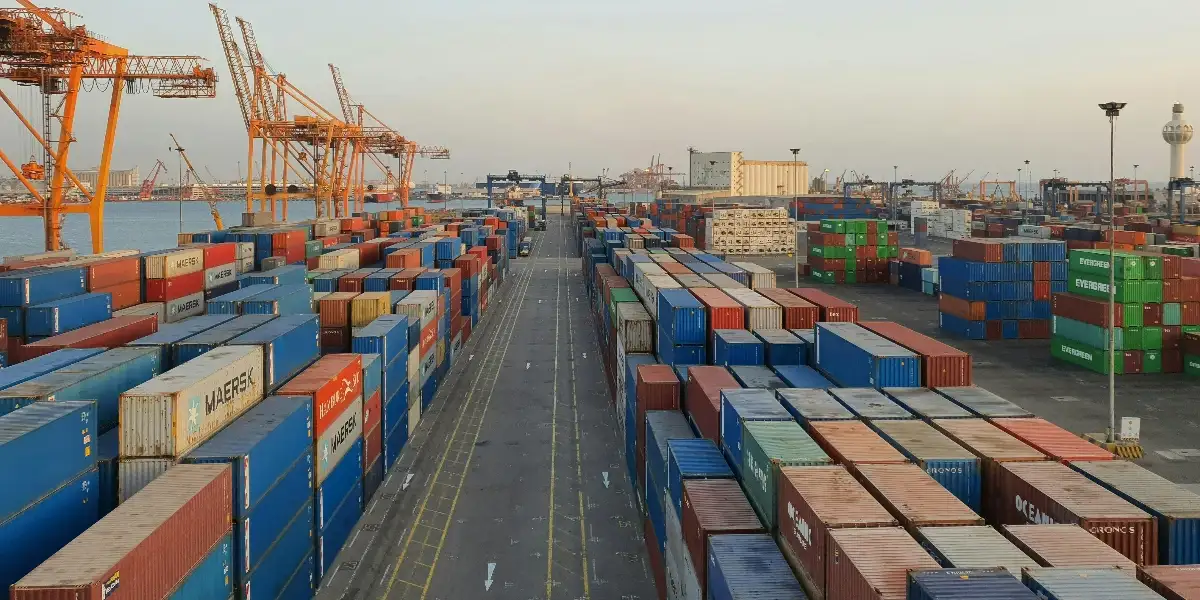Peak Season Surcharge (PSS)
Peak Season Surcharge (PSS) is an additional fee imposed by carriers during peak shipping seasons to compensate for increased demand and operational challenges.
Peak Season Surcharge (PSS) is an additional fee imposed by shipping carriers during periods of heightened demand, usually during peak seasons or peak shipping times. The purpose of PSS is to manage capacity constraints, balance supply and demand, and address increased operational costs associated with surges in shipping activity.
Typically applied in response to factors like holidays, special events, or increased consumer demand, PSS aims to optimize shipping capacity and maintain service quality.
Examples of peak seasons include:
- Holiday Season: Increased demand for consumer goods occurs in anticipation of holidays such as Christmas and New Year, leading to a surge in shipping activity.
- Back-to-School Season: A peak in shipping can occur when schools and universities reopen, resulting in higher demand for school supplies and related items.
- Retail Sales Events: Events like Black Friday and Cyber Monday can trigger a spike in shipping activity due to higher consumer spending during promotional sales.
- Seasonal Agriculture: Shipping demand for agricultural products may rise during harvesting seasons, leading to increased transportation of crops.
Importers and exporters should be aware of PSS as it can impact shipping costs during specific periods, influencing budget considerations and logistics planning. The surcharge is a strategic tool employed by carriers to adapt to market dynamics and ensure the smooth operation of global shipping networks.







